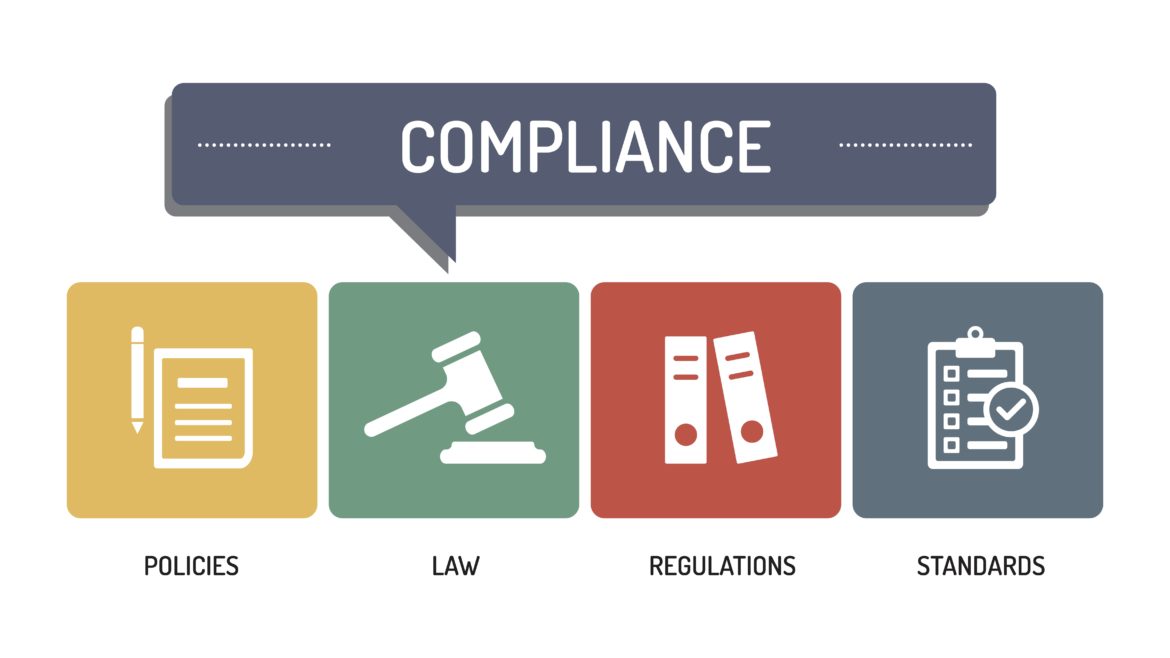How much time are you spending setting up your freelancers?
If the answer is too much, then maybe it’s time to reconsider your methods. Let PayReel handle onboarding paperwork so you can spend your time and energy on the creative parts of your projects instead.
So what’s the problem?
Worker classification: One of the most difficult things about setting up your workforce is worker classification. That’s why we cover the topic extensively on our blog. While you may be able to answer who’s a strong worker and who might need a little bit of help, the worker classification discussion brings a lot more to the table than a black-and-white answer—especially now with the Department of Labor cracking down on worker classification errors. If the words exempt, non-exempt, W-2, and 1099 make your head spin, we can help with that.
Paying accurately: Another trick that comes into play when hiring your workforce is making sure you’re paying them accurately (we’re looking at you, minimum wage and overtime!) and in a timely manner. Did you know that some states have strict pay deadlines for specific types of employees? We know, and our team works hard to stay on top of the ever-changing wage laws at the federal, state, and local levels.
Payroll taxes: If taxes only cross your mind on or around April 15th, do the IRS (and yourself) a favor, and stop. Did you know that, along with differing wage laws, some states and localities require a different taxation method than the federal government does? It’s true. Here’s where we stress (and the only time we stress), we got it. Our team stays well versed in local, state, and ever-changing federal tax methods and laws to make sure the employee is happy, you’re happy, and of course, the IRS is happy.
Enter PayReel
If one, two, or all three of the points above make you sweat, give us a call and we’ll be happy to help manage your events, employees, and all the behind-the-scenes paperwork that comes with it.
About PayReel
Producing multimedia content and executing live events is chaotic. When it comes to event payroll, payroll taxes, and so much more, PayReel makes your life easier. We make sure our clients are able to hire who they want, when they want and see that everyone is paid properly. Leave all payroll services and details up to the PayReel team so you can focus on pulling off a flawless production. Contact us anytime at 303-526-4900 or email us.
Relax. We got it.
About the author

PayReel Customer Experience Manager Natalie “The Go Getter” McGinnis is an avid fan of sports and labor laws alike. Her experience in recruitment, customer service, and ongoing HR education give her the tools to provide laser-focused attention and assistance to the PayReel employees and clients who need it most. Click here to read more of Nat’s Notes then meet the rest of the PayReel team!








